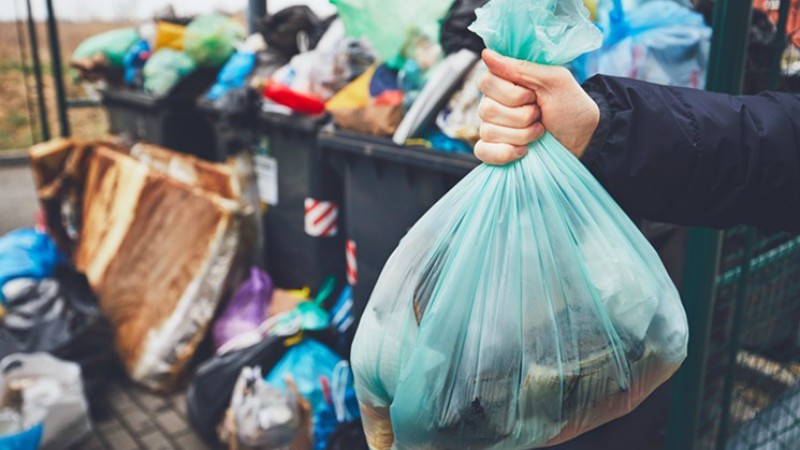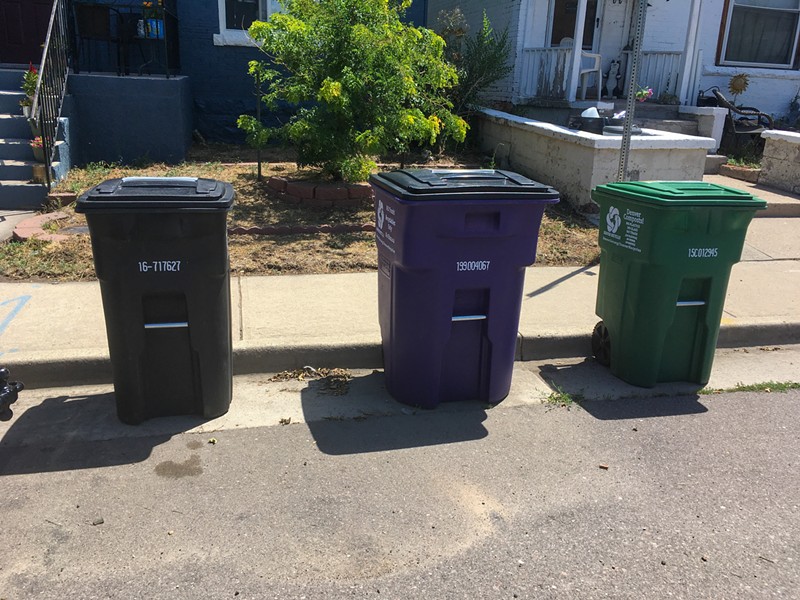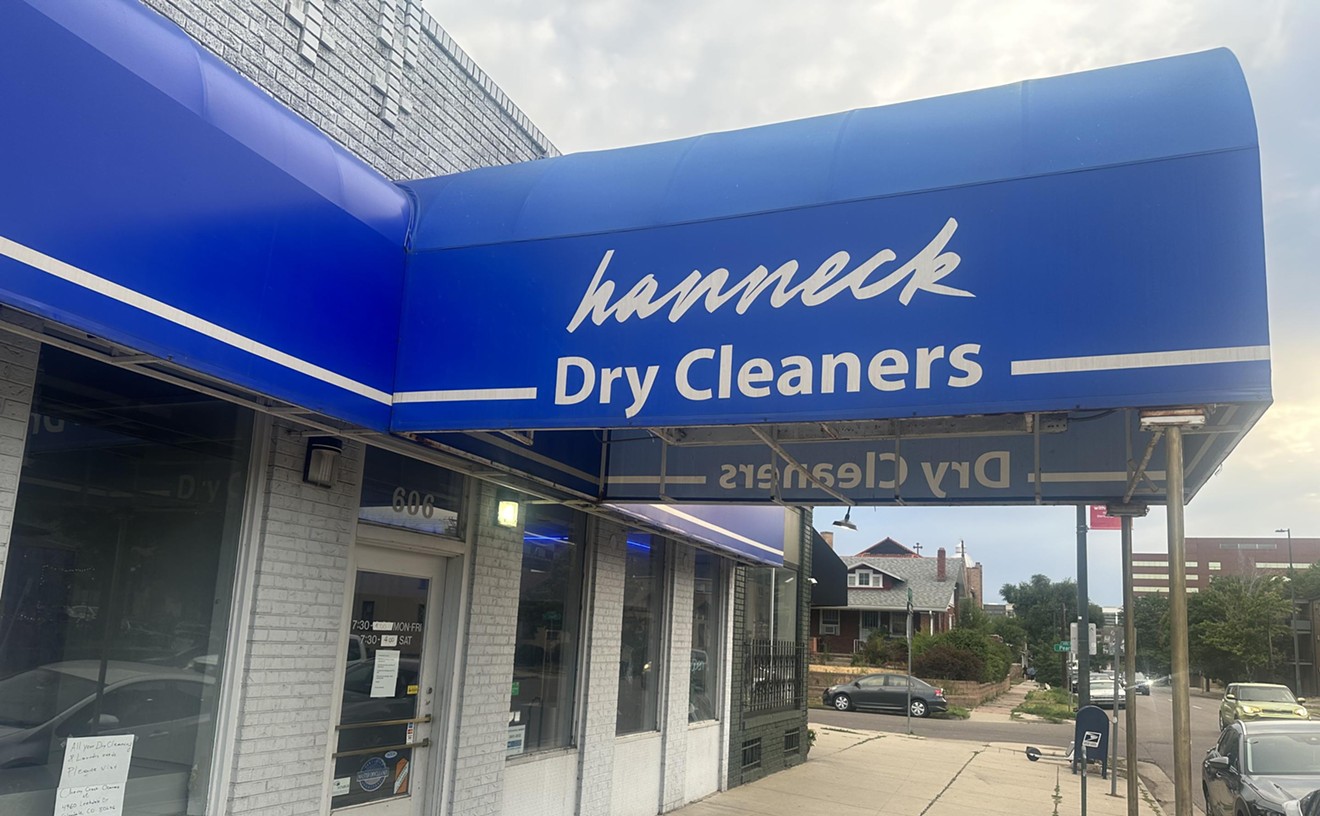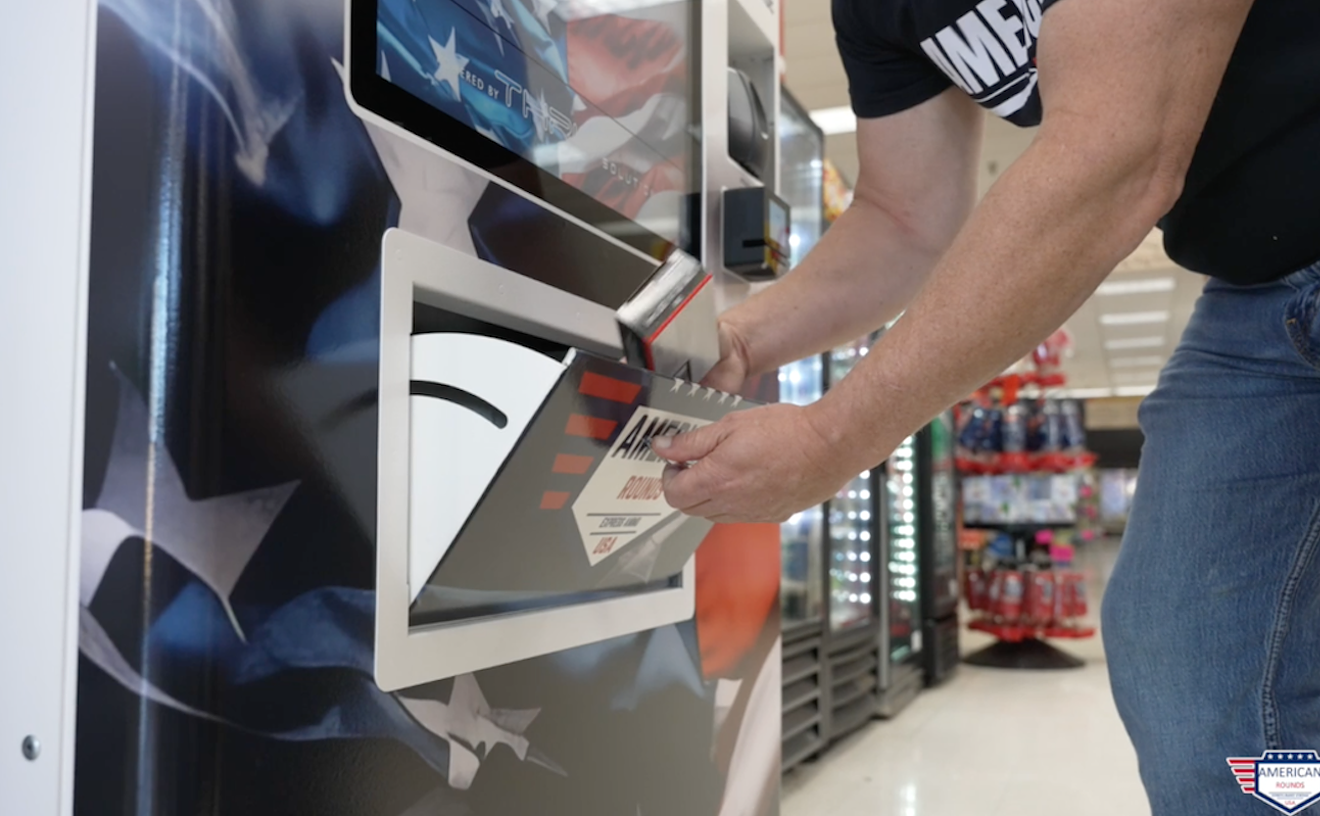Denver officials rolled out the Waste No More Task Force in March to ensure that the language on the ballot is enforceable, and the group has come up with recommendations that were presented at an August 17 town hall by Blake Adams, zero waste and circular economy manager for Denver’s Office of Climate Action, Sustainability & Resiliency (CASR).
“For years now, the City and County of Denver has had a low rate of diverting waste away from the landfill,” Adams said. “And we've never had a citywide requirement for recycling or composting in a commercial or residential setting.”
In addition to Waste No More — which targets multi-family residential buildings with eight or more units and businesses — the city also has the new Expanded Waste Services trash system for smaller residences. According to its Sustainable Resource Management Plan, construction and demolition account for 36 percent of waste; industrial and commercial waste make up 46 percent; and residential waste totals 18 percent.
Several of the deadlines for recycling and compost implementation proposed in the ballot measure have already passed. Multi-family buildings with more than 75 units, food trucks and special events were all required to comply by June 2022. Multi-family residences with 25 to 75 units, commercial buildings over 25,000 square feet, food waste producers over 15,000 square feet, and all construction and demolition projects were required to comply by June 2023.
“In technicality, these requirements are currently in place,” Adams said. “However, for very obvious reasons, we are not currently enforcing these requirements.” But the task force isn’t letting anyone off the hook.
Under its new proposed timeline, residential and business entities would have to meet the requirements of the ordinance by 2026. Large buildings with over 75 units and non-residential buildings over 25,000 square feet would have to do so by January 2025; medium buildings would have until June 2025; small buildings of fewer than 25 units or 5,000 square feet have until January 2026.
The city task force suggested that construction and demolition projects should be required to divert 50 percent of solid waste by 2025, 65 percent by 2028 and 80 percent by 2030. It would ensure compliance by having developers put down a deposit when their permit is approved.
“The deposit would be fully refundable when the contractor would confirm to the City and County of Denver that the required diversion rate was accomplished at the end of their project,” Adams explained. “Partial refunds would be issued for meeting some but not all of the requirements.”
The idea is to incentivize compliance without fines or heavy fees, with Adams emphasizing that the goal is to be sure the economics are still worthwhile for developers.
“One attendee noted the city has a poor track record on providing permits for construction,” shared Emily Gedeon, director of communications and engagement for CASR, who moderated the town hall. “How do you plan to build trust when there is a deposit involved?” the resident had asked.
No one from Community Planning & Development was in attendance to answer the question, but officials pledged to get an answer before the final recommendations come out in the fall.

Waste No More will help Denver be less trashy.
Chalabala/iStock
It would also look into zoning solutions to get more recycling and composting businesses located here.
“This is to incentivize the marketplace to create the end market for use of these materials,” Adams said. “When waste is diverted to a recycling facility or to a composting facility, it is returned back to the City and County of Denver. We are taking that leadership role to ensure that it stays locally and that we can close the loop.”
For permitted special events, the task force wants the public to weigh in on four options. The ballot language dictates that all events must comply by January 2026. The three other options would employ a phased approach, with two of them proposing that large events go first in different phases and one suggesting that small events go first.
Events with fewer than 350 attendees, block parties, and certain Parks & Recreation-permitted events are exempt because those generally do not include a waste-hauling plan in the permit. Before requiring compliance, the city would support the regulated businesses both in education and financing. For education, the task force suggests that the city provide a guidebook or online resource hub for businesses.
For finances, the task force suggests grants to help cover some service costs and the production of signage and educational materials for tenants and customers. Businesses are able to be out of compliance if they show they made a good faith effort to comply but haulers were not available.
At one point during the town hall, a citizen asked if that will allow businesses to skirt requirements easily.
“Covered entities have to submit an annual recycling plan,” Adams clarified. “I don't believe that this would allow covered entities to simply try once and stop there. It would be a constant monitoring.”
Another person asked if businesses that get financial support would be publicly listed. “I have no doubt that my rent will go up,” the citizen wrote in the question box on Zoom. “I live in a large downtown apartment building, and it's possible that they would apply for a subsidy.”
The individual suggested making a condition for grants aimed at the housing sector requiring that grant recipients won't pass the costs of implementation on to tenants. Adams said the idea would be passed on to the task force, calling it a "fantastic" one.
One resident, Denise, asked if landlords would be responsible for tenants contaminating composting or recycling. “The Waste No More ordinance is really all about access,” Adams expounded. “Contamination is not covered under the ordinance. There are no performance requirements under this ordinance for businesses.”
In theory, Denverites will opt into services themselves once they have the tools to do so. Adams emphasized that through education, the city hopes most people will choose to divert recycling and composting — and do it correctly. But landlords and businesses won't be held responsible for that behavior.
Once the public-comment window closes at the end of the day on August 31, the Waste No More Task Force will go over the recommendations before presenting them and a final plan to Denver City Council. Any changes to the ballot language require a supermajority vote of the council.
People can go to the Waste No More website to fill out the feedback survey. Residents can also submit comments and questions to [email protected].
“The more voices and the more comments that we receive, the better the task force will be informed and be able to make stronger recommendations for the ordinance,” Adams concluded.











